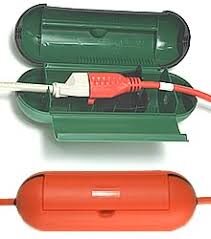corriemartin
Songster
Hey folks,
This is my duck's second winter. Last winter, they laid all winter, except for two weeks during a super-cold spell. This winter, they stopped laying in late November, and haven't laid an egg since. The ducks lost their drake feathers sometime back then, but now seem to be getting their curls back. None of the hens ever went broody, though it seemed like one thought about it for a few hours. Our two drakes had a few periods of animosity toward each other, but usually got over it within a week, and have been the congenial co-hosts of the eight females.
Last year, they swam in their (heated) tub pretty much all winter, but this year they seem much more affected by cold, and are staying inside more.
What can I expect this year? When might they start laying again? If no one went broody last year, might one do it this year? Are the two drakes likely to be okay with each other a second season? Anything else I should know?
This is my duck's second winter. Last winter, they laid all winter, except for two weeks during a super-cold spell. This winter, they stopped laying in late November, and haven't laid an egg since. The ducks lost their drake feathers sometime back then, but now seem to be getting their curls back. None of the hens ever went broody, though it seemed like one thought about it for a few hours. Our two drakes had a few periods of animosity toward each other, but usually got over it within a week, and have been the congenial co-hosts of the eight females.
Last year, they swam in their (heated) tub pretty much all winter, but this year they seem much more affected by cold, and are staying inside more.
What can I expect this year? When might they start laying again? If no one went broody last year, might one do it this year? Are the two drakes likely to be okay with each other a second season? Anything else I should know?





 People are interesting.
People are interesting.